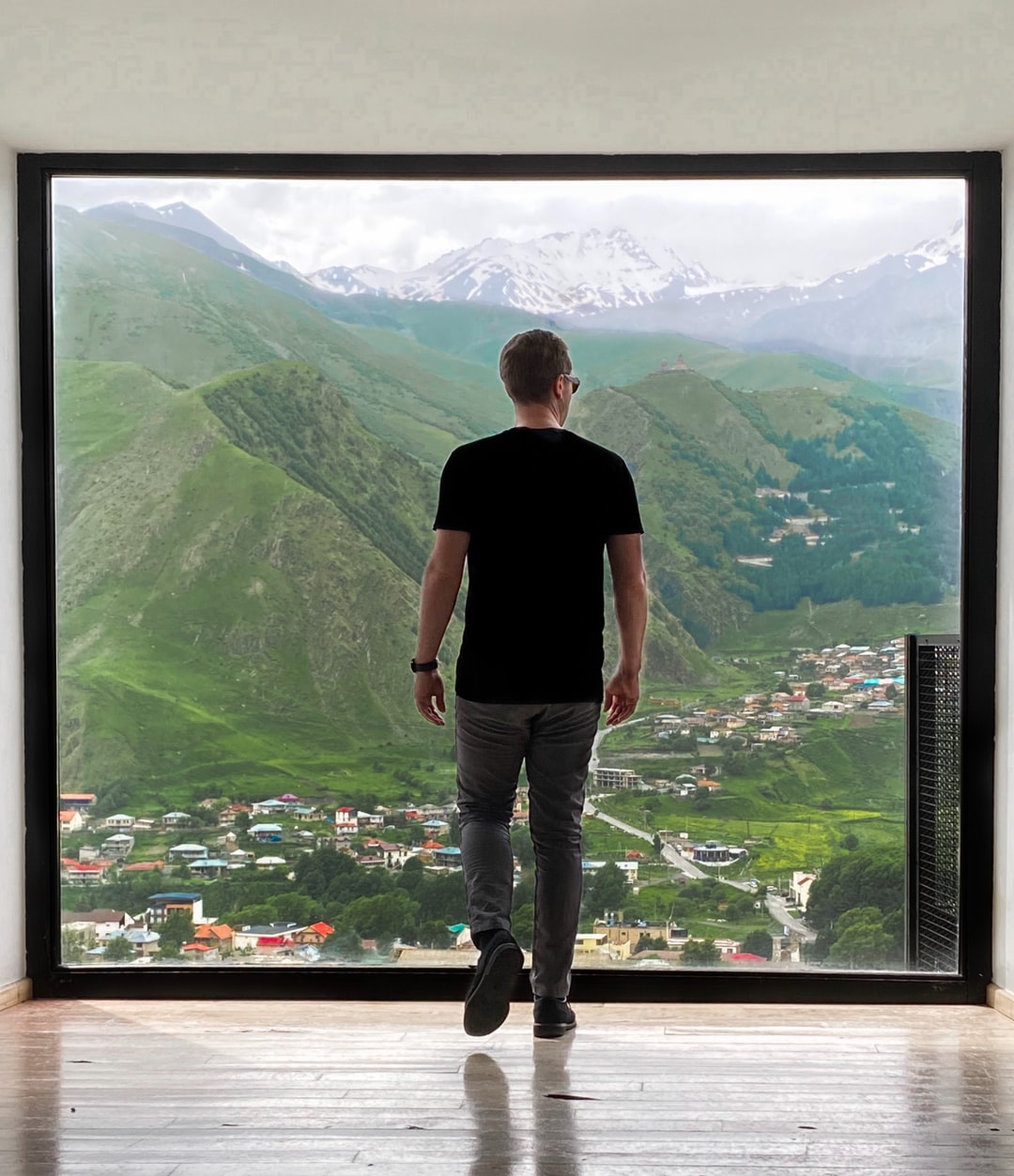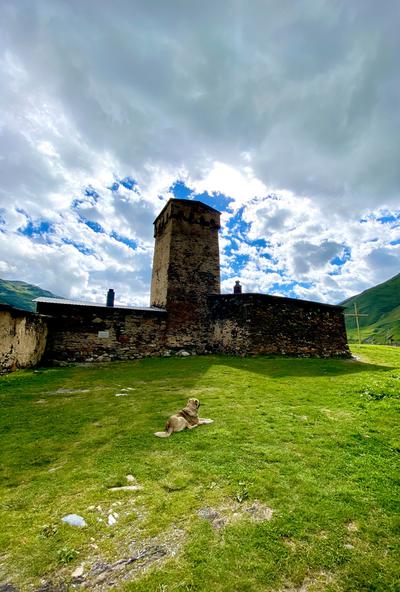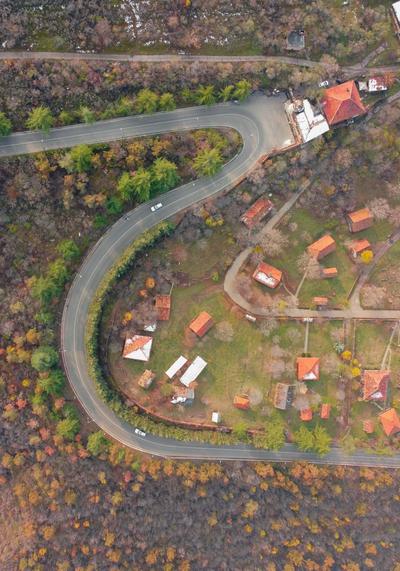You Can Share a Meal With a Kenyan Family and Make a Difference


You Can Share a Meal With a Kenyan Household as well as Make a Distinction
What’s the very best means you can think about to learn more about someone? In my viewpoint, sharing a meal opens up people up and enables a friendly comfy discussion. When we take a trip, it can be hard to scrape the surface of a place as well as I frequently find myself wondering exactly how I can dig much deeper as well as be familiar with the culture better. So we chose to provide tourists to Kenya that very opportunity by providing the alternative to appreciate lunch or dinner with a Kenyan household.
We fulfilled Patrick, Happiness * and also their two kids a number of years back. Having actually worked with the edges of tourism for concerning 10 years, Patrick was searching for a way to continue in the market however additionally be there for his young family members. Despite their modest living problems, he was very pleased with his spouse’s cooking and so created the concept to welcome travellers to see the “real Kenya” and also share a meal with him as well as his family. This would certainly allow the household to make a small revenue while meeting the goals of spending time with his family members as well as collaborating with tourists. On the initial see, there was another benefit that emerged - his youngsters had the opportunity to have fun with the visitors’ kids, offering all youngsters the opportunity to learn from each various other.
A Typical Family members
A lower-class Kenyan family members commonly lives in a one- or two-room apartment or condo or device. Drapes serve as wall surfaces to split a space into sitting area as well as bedroom. The sitting room is at the front and also visitors are hardly ever invited past that. The better half invests much of her time in the kitchen and highlights pots of steaming food to her spouse and also guests. The kitchen area may have a gas container with a heater for rapidly boiling water and also one or two “jikos” which are little ovens that fit one pot and usage charcoal. Washrooms are normally shared in between all the locals of the building. The commode will be a work area with a hole in the concrete which comes down to a large pit. The ‘shower’ is a workstation with a small hole in the edge acting as a drain as well as homeowners take their very own bucket of water to clean themselves (no shower increased and even a tap). There is generally no plumbing in these buildings so locals get their water in jerry canisters. Provided the absence of space inside, kids often tend to spend most of their time playing outside. Many families have poultries running around the lawn, which are primarily utilized for meat on an unique celebration.
Each tribe of Kenya has its very own conventional food. Joy prepares an option of dishes from various tribes to provide visitors a good taste of Kenya including:
Githeri - a stew of beans and maize
Plantain - eco-friendly bananas boiled and afterwards fried with tomato and onion
Rice
Mukimo - mashed potato blended with pumpkin leaves and also maize
Tilapia - fish from freshwater lakes around Kenya
Chapatti - level bread originating from India (Kenya has a large Indian populace that have actually affected the cuisine).
Poultry stew.
Zikuma wiki - kale.
Ugali - maize dish mixed with water to make a polenta-style dish.
Cabbage.
Pleasant potato.
Fruits for dessert.
In Kenyan tradition, when we visit pals or family, the rules is to bring gifts. These are possibly not what westerners would usually take into consideration presents; rather we take maize meal, tea, sugar, rice, and other basic food products. If there are children in the house, you may likewise take pens, pencils and also workout publications and probably some sweets.
Kenyans generally eat with their hands therefore hygiene is extremely essential. The spouse will certainly prepare some warm water and bring it in a jug with a bowl, soap and also towel per visitor. She pours the water over your hands so you can wash, and then offers the towel or a serviette. As I discussed earlier, there is no running water in the majority of homes, so it frequently comes as a little a shock to visitors to be provided with this method of cleaning hands. There are a great deal of stews on the food selection so you could assume eating with your hands is mosting likely to be really messy, but there are two essential meals that can serve as spoons: ugali as well as chapatti. The chapatti is clear as it is flat bread which can be curled right into a scoop. The ugali is of such a consistency that it can be developed right into an inside story also.
Kenyan food can take a bit of getting utilized to. The meat often tends to be a little bit hard as well as the maize has a tendency to be a bit tasteless. Ugali is not my individual favourite, however it is not made to be consumed on its own - it is meant to be consumed with a sauce or stew and that is where you get your flavour. Kenyans don’t use a great deal of seasonings in their cooking - flavour is included by salt and also perhaps chicken or beef supply dices. Yet the vegetables are fresh, they haven’t been months in freezer as we usually get in the west, so you get the complete flavours of the real food you are eating.
Visitors usually have combined reactions throughout their visit. On first going into the compound and afterwards your house there is absolutely some trepidation as it is rather a various lifestyle than what we are used to. There’s additionally unpredictability regarding just how to respond if the food verifies not fit to eat. And afterwards there’s relief as fish, rice, hen, mashed potato and cabbage is presented. It could be cooked a bit differently, however it is recognizable and also absolutely edible! As conversation moves visitors loosen up into their borders. The kids play outside together and also by the end of the dish there’s pleas from the youngsters that they intend to keep having fun. Friendships are formed, connections made, as well as bonding over a shared meal leaves everybody with the warmth that originates from being with various other humans. In spite of the nerves first, all our visitors have left from this experience with positivity as well as believe that it was a key component of their whole Kenyan safari.
If you would love to share a meal with a Kenyan family members as component of your safari experience, please e-mail [mailto:[email protected]] [email protected].
- not their actual names.
Tracey is the owner of Overland Traveling Experiences (OTA), a humanitarian excursion firm based in Nairobi, Kenya. She has taken a trip to over 50 nations as well as led scenic tours in a lot of those. OTA focuses on involving with the African continent rather than just seeing it through the home window. OTA is connected with several community-based organisations throughout Kenya as well as incorporates sees to these projects into their plans. Go to the website http://www.ota-responsibletravel.com for more details, or Like on Facebook http://www.facebook.com/OverlandTravelAdventures.




 Never miss a story from us, subscribe to our newsletter
Never miss a story from us, subscribe to our newsletter
Comments